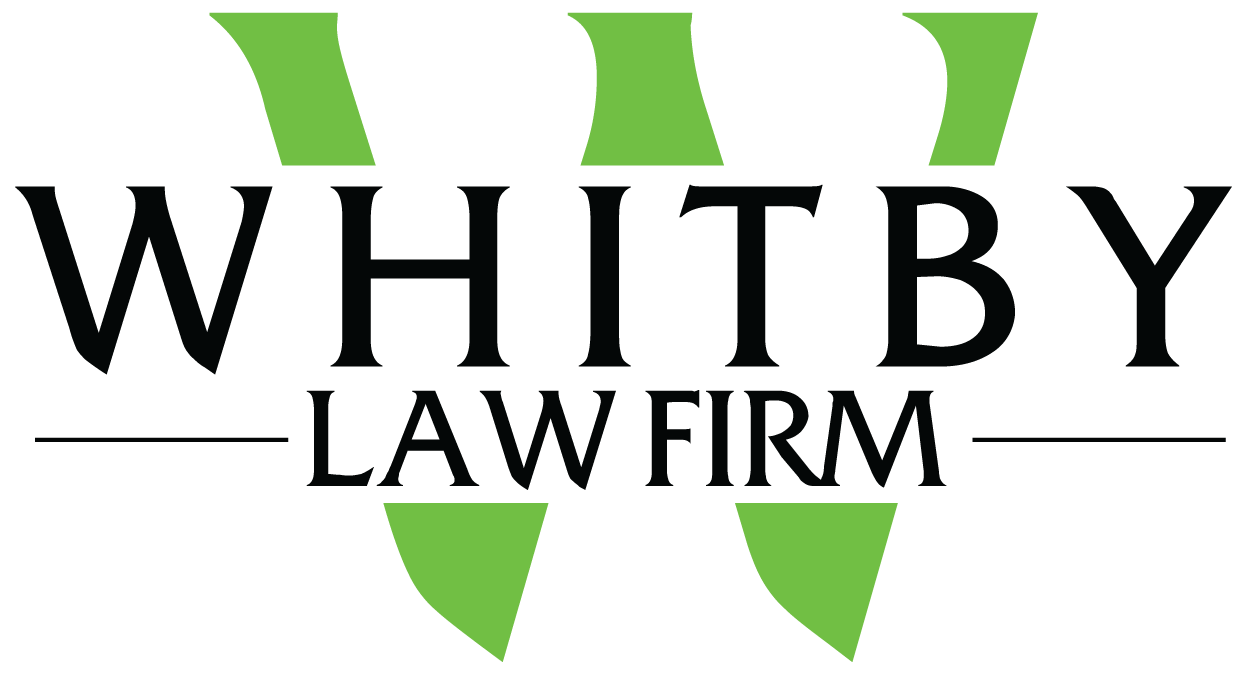Guardianship
Guardianship is a tool to be considered only when a person cannot because of age or mental limitations, make competent decisions regarding his/her own affairs. It is the most restrictive and intrusive form of surrogate decision making. Guardianship is necessary when access to the individual's assets is required (to pay for care or basic necessities) or healthcare and living decisions must be made. An individual, who has an appointed guardian, is called the ward.
Types of Guardianship
Arkansas Legislature has set out two basic types of guardianships:
- Guardianship of the Person that allows the Guardian to make decisions about where you live and the medical treatment you will receive.
- Guardianship of the Estate that allows the Guardian to make decisions about and control your finances.
There are different degrees of guardianship. It may be limited, giving only specifically described powers to the guardian, or the guardianship may be total. It can also be temporary or permanent.
Guardianship of the Person
A guardian with power over the person refers to the individual appointed by the circuit court to have legal rights and powers of personal decision making over the individual. The Court may authorize a guardian to ensure the individual's personal needs and care needs are met. This includes housing and medical care.
A guardianship of the person grants the guardian powers over the ward's personal care, but not over his property. The guardian is generally responsible for the ward's care and protection. This means that the guardian must make decisions regarding the living arrangements, health care, personal care, meals, housekeeping, transportation, recreation, and all other aspects of the daily living needs of the ward.
Guardianship of the Estate
A guardian with power over the estate refers to the individual authorized by the Court to assume responsibility for the management of all or part of the individual's property. This might include the individual's income, stocks and bonds, certificates of deposit, real estate or other assets. These assets must be kept separate from the guardian's assets. The Court requires an accounting of all income and use of assets.
A guardianship of the estate only grants the guardian powers over the ward's property. The guardian is responsible for the financial management of the ward's assets. The ward's assets must be managed consistent with ward's needs.
Annual Reporting Requirements
The guardian is required to submit an annual report to the Court. The report details the current condition of the ward. It also reports on the income received by the ward, the assets owned and the expenses made for the ward.
Practice Areas
Family Law
Divorce, Guardianship, Child Support, Pre-Nuptial Agreement
Mediation
Family and Business Mediation
Adoptions
Newborn, Step-Parent, Adult
Estate Planning
Wills, Deeds, Power of Attorney
Criminal Defense
DUI/DWI, Expungements, All Criminal Issues
Business
Business creation, Contracts, and more

